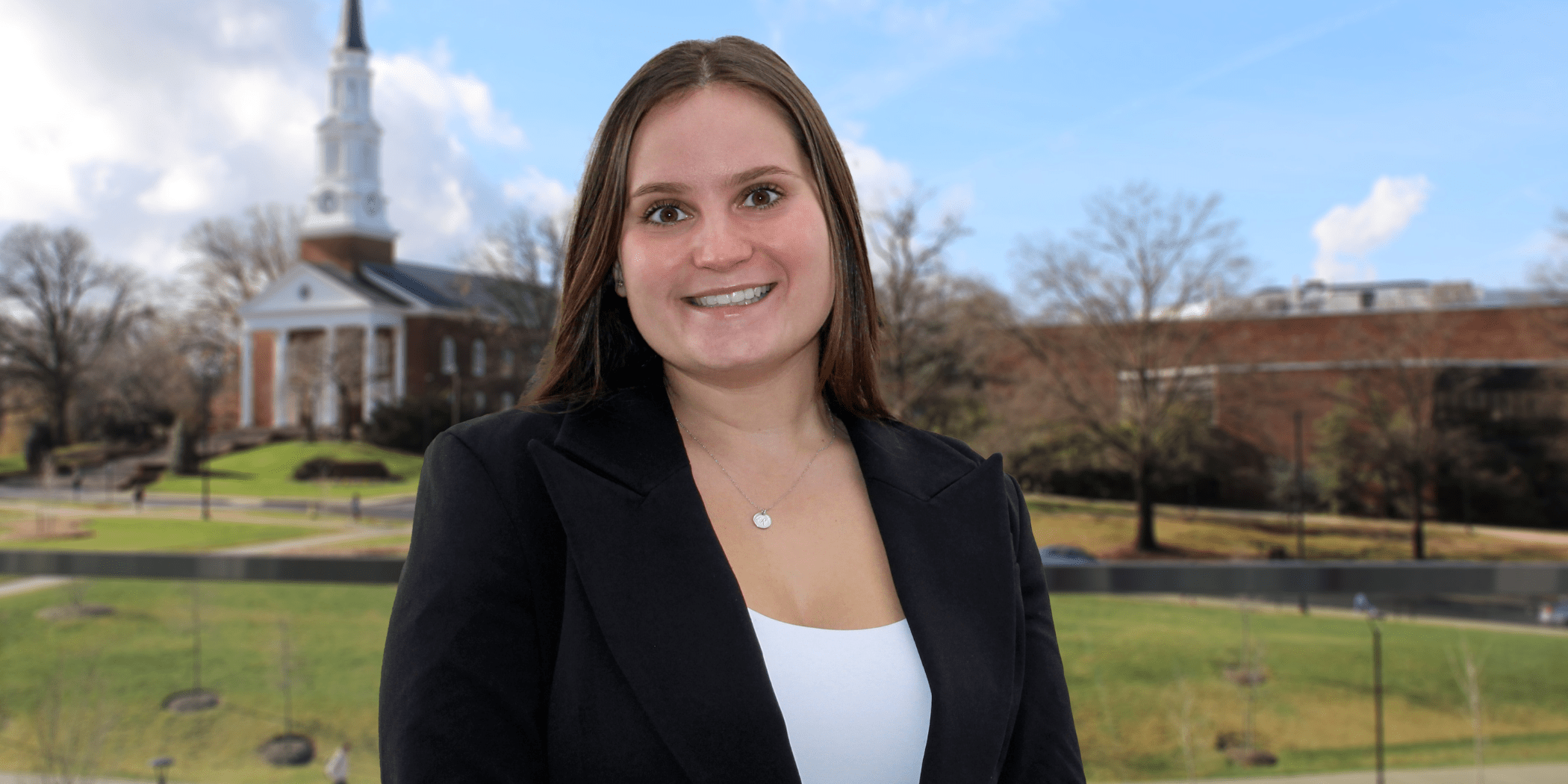
Robin Schlesinger has long been passionate about advocacy and supporting children, going back to an aha moment during a discussion about school shootings. The junior, a public health family science major and public leadership and law and society double minor, was named a Karabelle Pizzigati fellow in February. The fellowship provides students with real-world experience working with organizations supporting children, with a paid internship along with mentoring to help the fellows get the policy skills they need for a career in children’s advocacy. Schlesinger shared what the fellowship means for her future with Sumaya Abdel-Motogaly.
What inspired your interest in children's advocacy?
A discussion I had during high school regarding the shooting at Sandy Hook Elementary School sticks out. I distinctly remember my teacher saying, “If nothing changed when 20 six-year-olds were shot and killed in their classroom, nothing ever will.” It was just one of those moments that really hit home, and I think that’s why I’m so inspired to advocate for children. I recognize their vulnerability, and I refuse to accept this as a normative experience. Children deserve better.
Why did you apply for the fellowship and what experience do you hope to gain?
When I heard about the Karabelle Pizzigati Initiative, I was inspired by the commitment of the fellows to use their voices to address the vulnerabilities of children. This fellowship aligns perfectly with my aspirations.
Through this experience, I aim to expand my knowledge of children’s issues and the policy initiatives aimed to address them, and I hope to refine my advocacy skills to ensure that all children have the opportunity to develop in a healthy and safe environment. I recognize that many of these issues are systemic, and I likely will not see the tangible effects of my work throughout the course of this fellowship. I hope to build the necessary relationships to continue this work throughout my career.
Why do you choose to study public health?
Public health is inherently interdisciplinary, involving collaboration across various fields. I appreciate the integration of knowledge from diverse areas, including psychology, sociology, and policy. The emphasis of classes on the intersection of public health and social justice has furthered my drive to challenge the status quo and continue the important work of building a more equitable society.